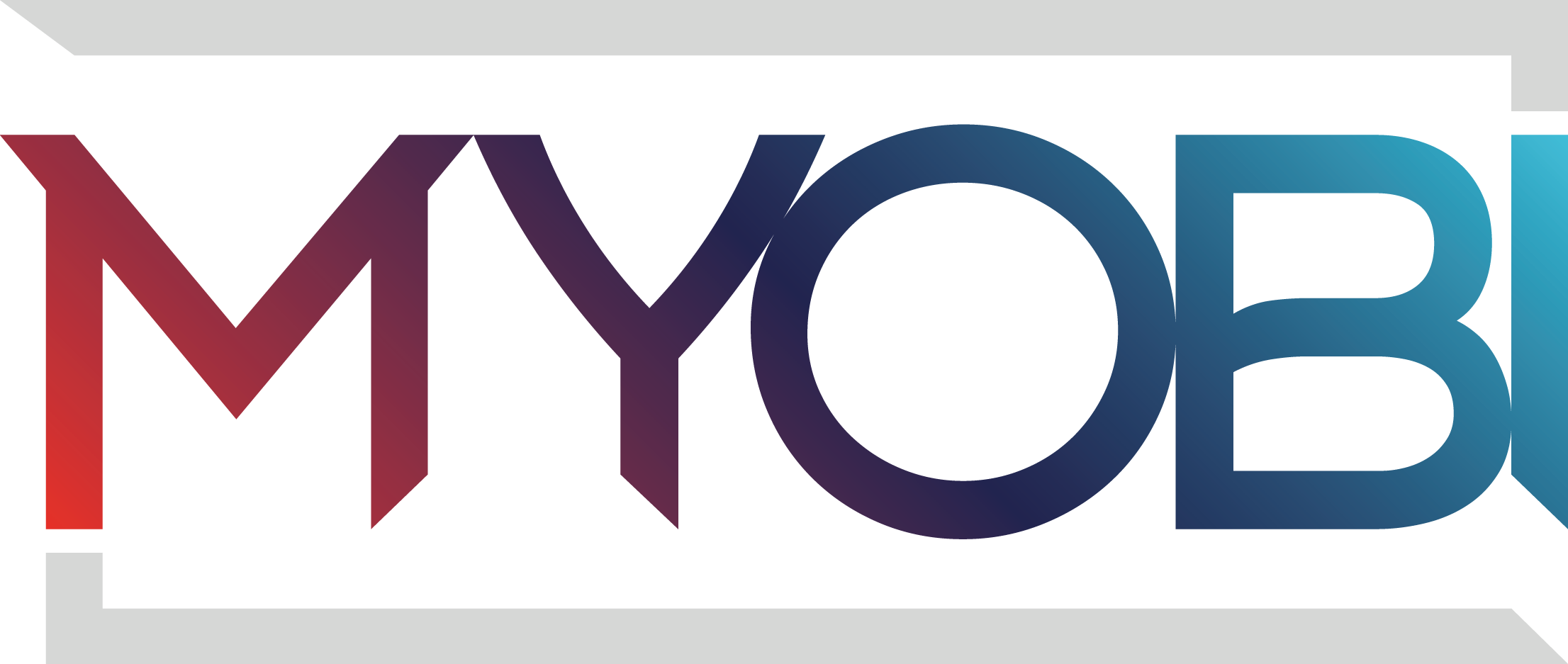A company is a collection of generic and company-specific business activities. For example, generic business activities can relate to organising governance, procurement, or human resources. Company-specific business activities often relate to the producing and selling products and services.
A company effectively organises its business activities with processes that include control measures “by design” supported by IT applications. Changes in legislation or market conditions give rise to adjusting business activities and ultimately optimising business processes, resulting in a constant adaptation. These adaptations require change capacity from employees.
Having confidential, reliable, and available company and personal data is a precondition for the effective organisation of business activities and/or optimising business processes. However, this data has a certain expiration date. Therefore, users want their partners to report changes to their company and personal data on time, preventing them from making costly business activities mistakes.
Managing company and personal data extend business activities’ effective organisation with business processes. Knowing partners (for example, customers, employees, or suppliers) and having access to reliable information about the partners makes it possible to build and manage business processes with appropriate control and security measures more effectively and efficiently.
Effectively organising business activities can further extend a user of the trust network with applications such as smart contracting and awareness and training programs. For example, by using smart contracting, a user of the trust network sets up its corporate legal function to support its business activities. In addition, with the available awareness and training programs in its company-specific learning environment, the company increases the change skills of the employees.


